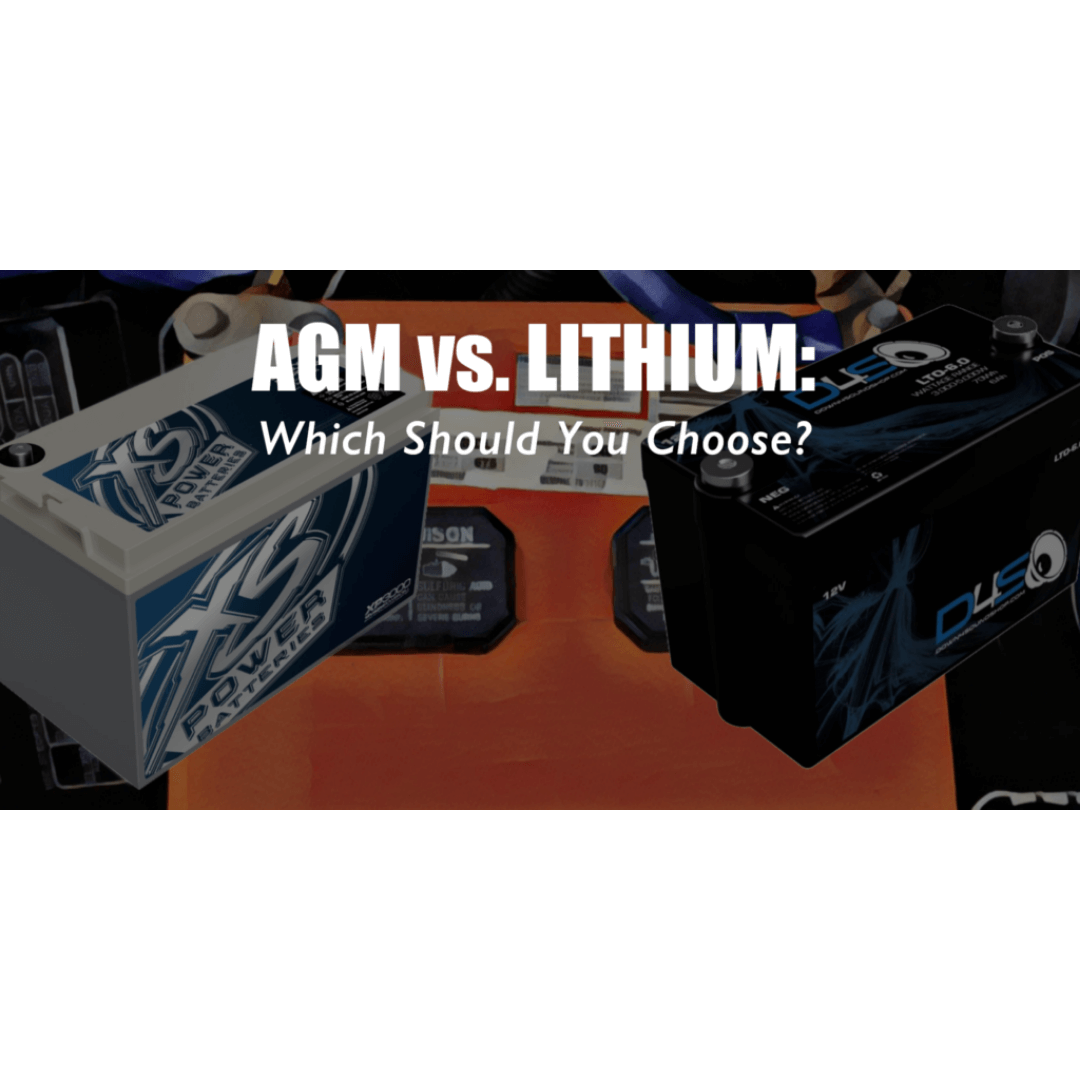
In its stock form, your car audio system can function perfectly fine using the OEM battery that was supplied by the vehicle’s manufacturer. But, if you are considering upgrading your audio system with a larger amplifier, or a few, (like most of us bass heads) you will need to upgrade your battery as well.
In this post, I will explain the differences between AGM and lithium batteries, and hopefully, help you in making the right choice to meet the needs of your car audio system.
The Technology
Lithium batteries (LiFePO4) have been steadily growing in popularity for car audio applications and do have advantages over AGM (absorbed glass mat). AGM batteries have been used much longer than lithium and their technology has been proven time and time again over the years. Unlike AGM batteries, lithium batteries will require special implementation when installed in a car audio install. Lithium batteries will require temperature regulation measures because they have issues charging in colder temperatures and they can also become extremely volatile in applications where the temperature can be high.
Cost, Power, and End of Life?
Cost
When choosing whether or not to buy lithium or AGM, the budget will definitely play a huge factor in this choice. I’m sure you’ll notice that lithium batteries are far more expensive upfront which makes AGM the best choice, right? Well, maybe not. The reason lithium batteries are so expensive carpeted to their AGM counterpart is the materials they are made from. Lithium batteries car comprised of more expensive materials that can also be hard to come by, such as lithium. Don’t let the “expensive materials” comments persuade you in any way. Other aspects to consider when making your decision is how long the specific battery types will last you and how many batteries will you need to purchase in order to achieve the overall capacity you want. This is where the cost of lithium won’t hurt as much.
Battery Life
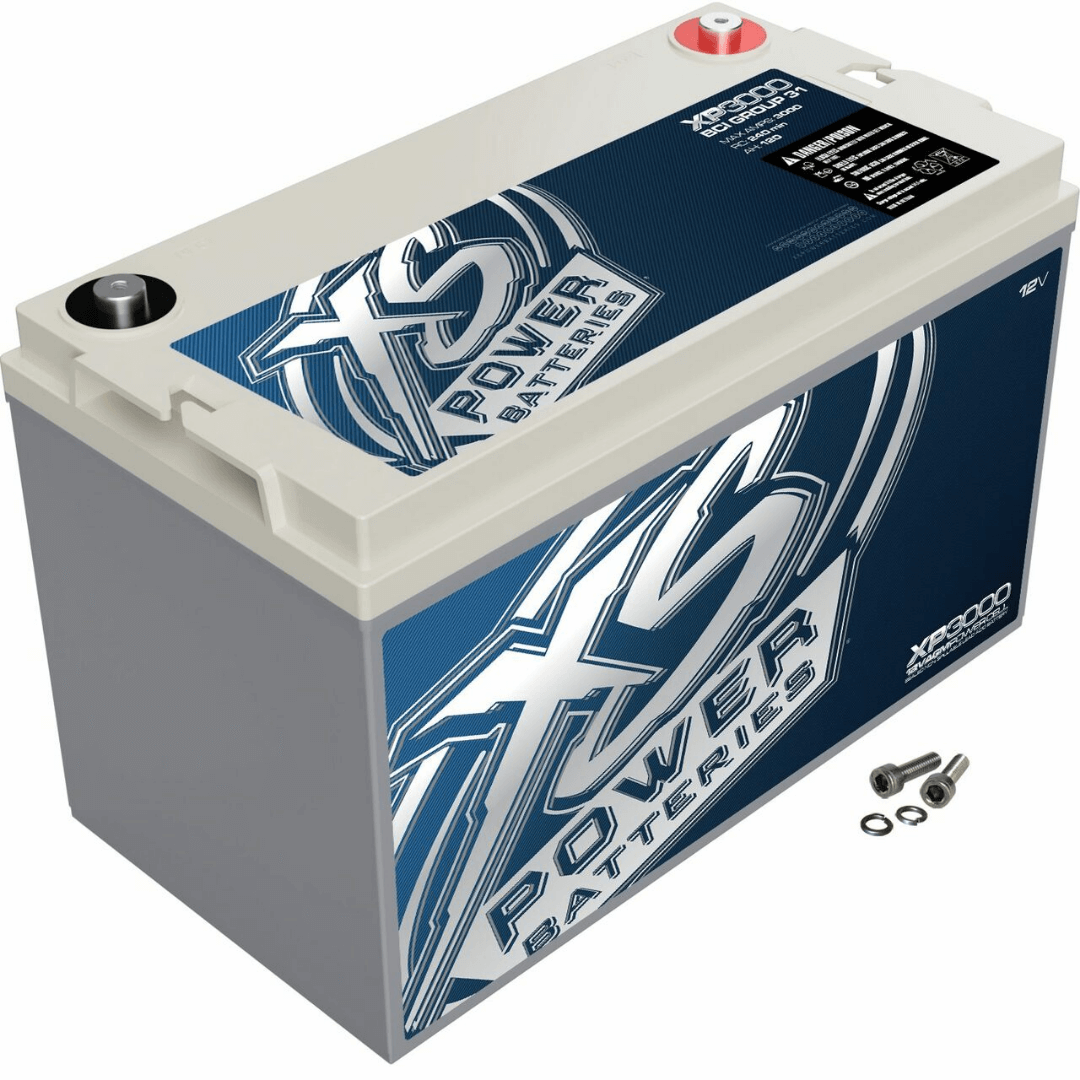
The lifespan of these batteries can be one of the deciding factors when trying to choose between them for your application. How long your batteries will last can depend on several factors such as being exposed to extreme temperature differences, but the main reason for a diminished life is the depth of discharge. AGM batteries are highly sensitive to their depth of discharge. The deeper the discharge cycle is, the fewer cycles the AGM battery will be able to perform, thus shortening its overall life. AGM batteries should not exceed a discharge of more than 50% of their capacity. This may lead to you spending more money overall because you will have to replace your AGM more frequently. Lithium batteries are not as susceptible to life reduction in this manner. Lithium can be discharged to close to 90% of its capacity without the negative effects of affecting its overall life span.
Give Me The Power!
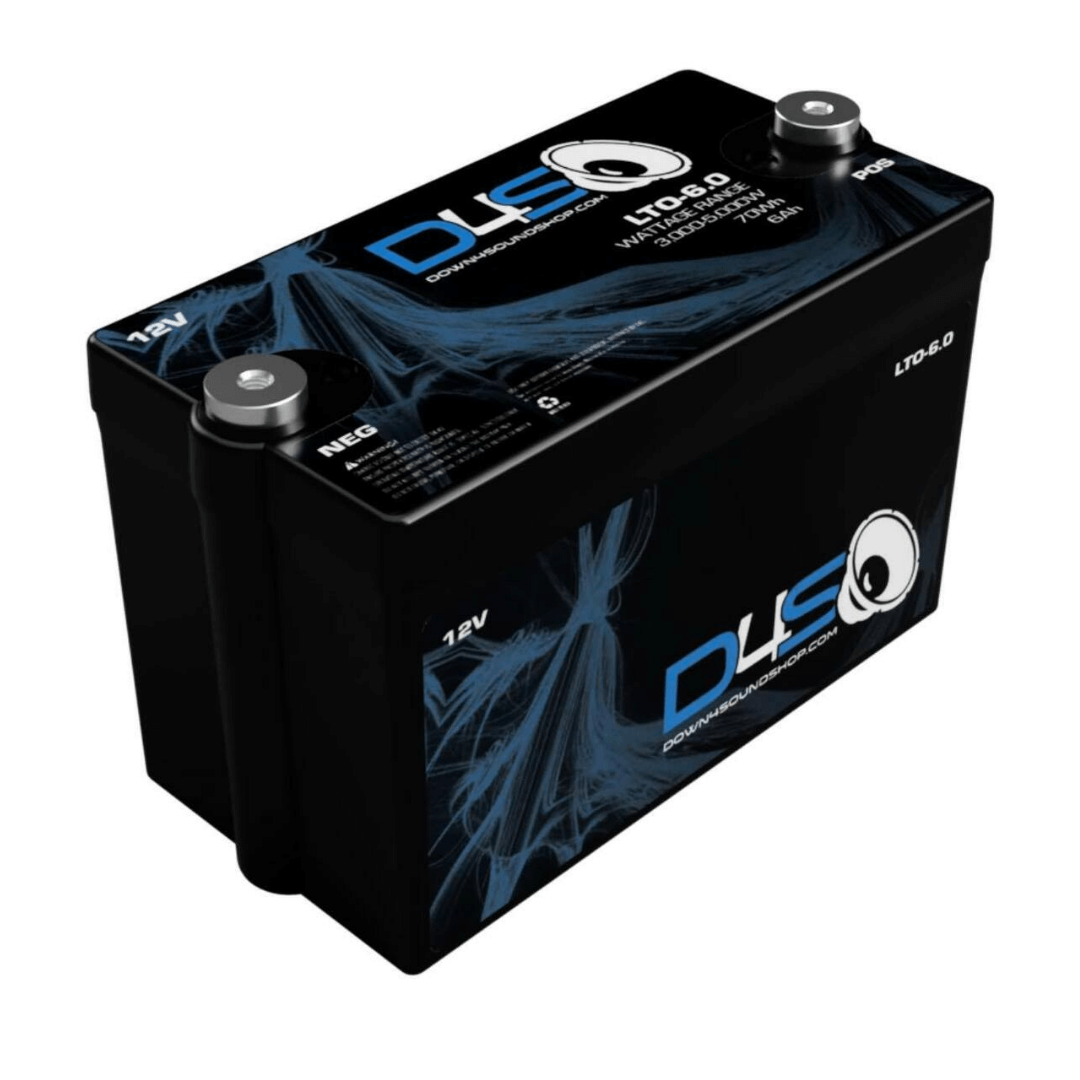
You’ve heard me explain the depth of discharge at the beginning of this section and now I will attempt to explain this in a little more detail. Depth of discharge (DoD) is a percentage of how far a battery has been discharged correlative to its capacity within its current cycle. This is where AGM batteries suffer and lose some of their appeal. In the battery life section, I stated that AGM batteries should not exceed more than 50% discharge of their capacity. This means that a 100ah AGM, realistically, will yield you around 50ah. While on the other hand, a 100ah lithium battery will yield you between 80-90ah. So what does this mean? Well, if you truly were looking for around 100ah of capacity, you would have to buy two AGM batteries to come close to, or equal, a single 100ah lithium.
Moving That Big Weight
This is another area where AGM and lithium differ drastically. Lithium batteries are usually smaller and far lighter than their AGM counterparts. Sometimes lithium can be as much as 50 – 65% lighter and their smaller size means they will take up less of your truck space. If space and weight aren’t an issue for you, by all means, choose the AGM.
Maintenance
Since both of these batteries are sealed, they require little to no maintenance besides keeping them charged, which in most cases, is done while the vehicle is running.
The Breakdown
AGM
Even though there seem to be more advantages to purchasing lithium, AGM batteries are still a great choice for your build and here’s why:
- The great starting point for ANY entry-level installs
- Proven technology
- Cost-effective
- Extreme temperature performance is better
- Can be used as your main starting battery
Lithium
Lithium is the new kid on the block still, but they definitely are power-houses. Here are the benefits:
- Higher charging efficiency compared to AGM
- Last longer
- Can be discharged up to 80 – 90% of capacity
- Lighter and smaller than AGM
- Higher upfront cost, but more cost-effective over time
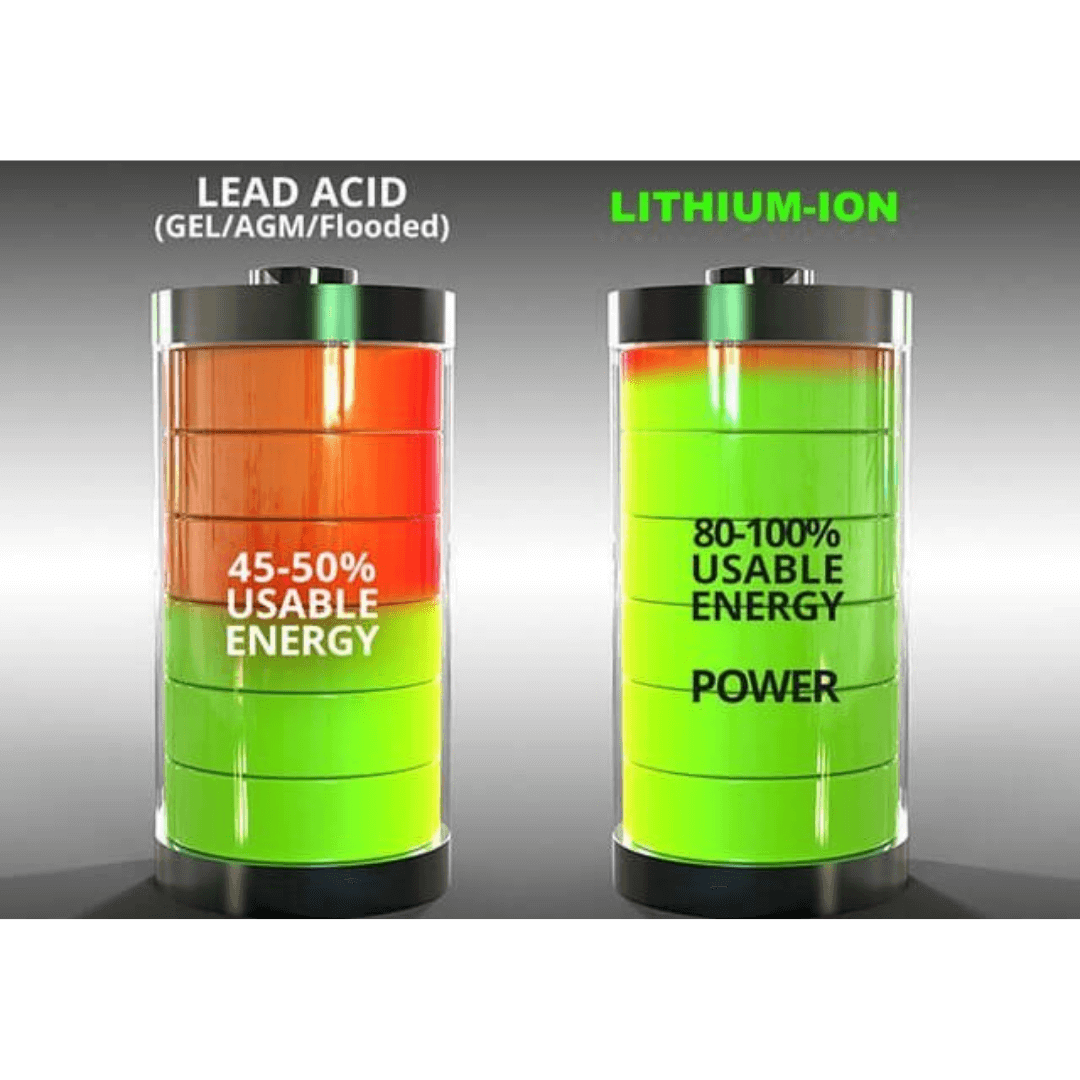
Conclusion
I hope this post has given you the information needed to make the correct battery choice for your system needs. This post was not intended to be highly-technical. It was merely created to give you some general knowledge about AGM and lithium batteries.
NOTE: Some lithium batteries are not compatible with typical vehicle charging systems. Please do your research here to be sure. If you are unsure, contact the manufacturer. They should be able to provide this information to you. You may also want to upgrade your stock alternator to a high-output alternator. You can read the benefits of upgrading your alternator here.

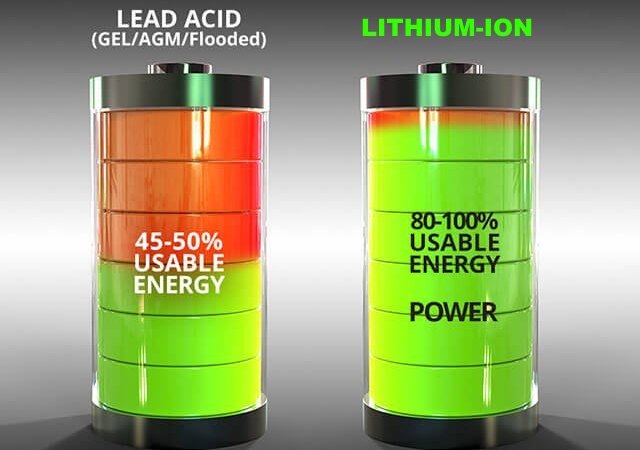
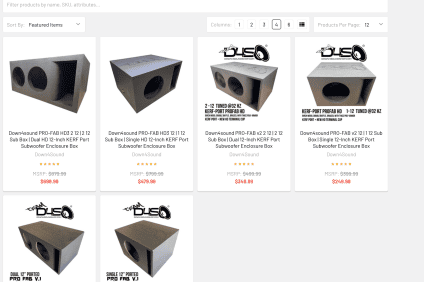
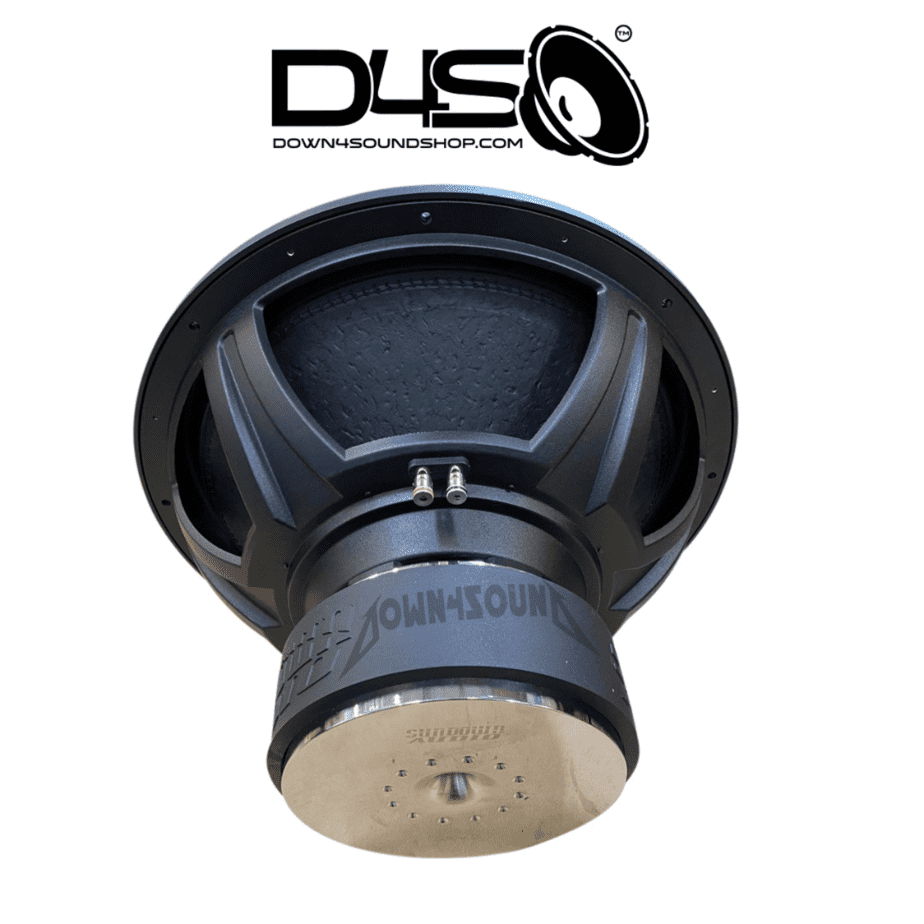
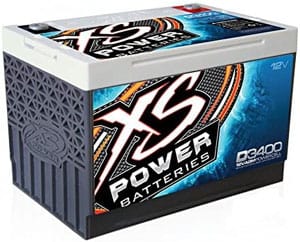
Pingback: Agm Vs Lithium Car Audio – suluovagazete
Pingback: 9 best agm battery for car audio Budget and Premium - MegaMejor - Best product rating system